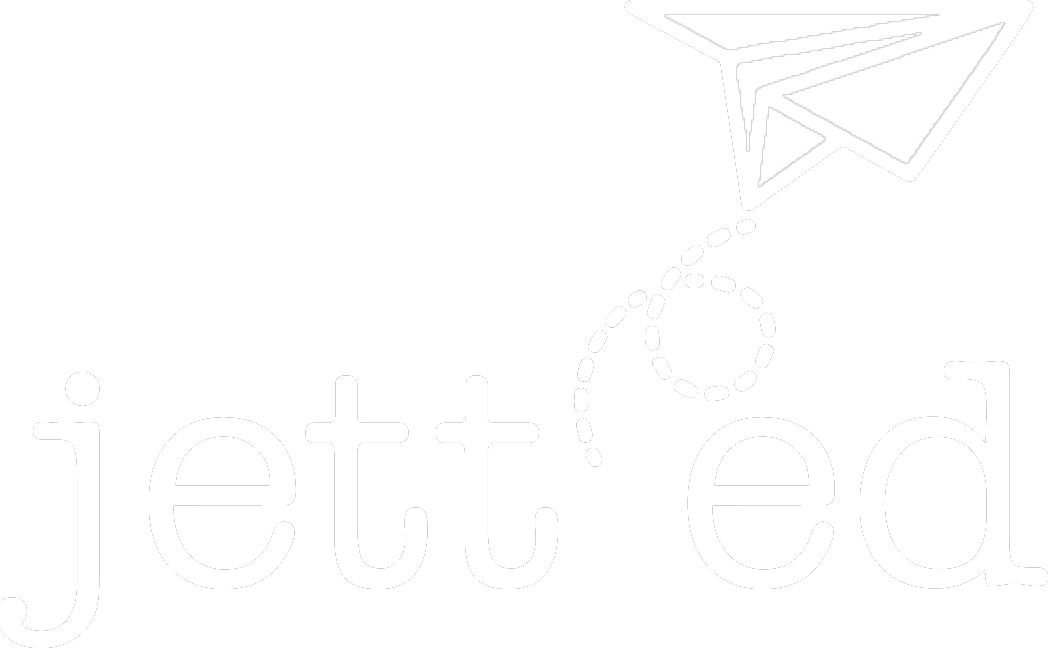A Tough Year for College Admissions
Hardly a day or article goes by without some reference to the college admissions scandal that has engulfed the entire admissions process nationally. Still, it is important to note that the number of “bad” players is really quite small (less than 100), but their impact is far greater. The bad news is that admissions will add more scrutiny to all students applying to college and especially those who apply under special programs such as athletics, theater and music. Nevertheless, summer is a good time to cleanse and restart the process.
As rising seniors consider where they will be applying, please keep a couple of key points inmind: First, students are determining where they will apply, NOT where they will be attending college (that comes next March/April for most); and Second, the number of applications students submit is rising significantly as students perceive that admissions has become more challenging. We at Jett Ed recommend that a careful evaluation of options should mean submitting fewer applications, not more. The right number of applications is different for each applicant, but more is typically not better. Furthermore, colleges frown on submitting large numbers of applications. Submitting more than 10 applications is generally not advisable unless there are special circumstances.
The other issue is that the cost of attending college is not going down, and all-in costs (tuition/fees, housing, food, transportation, etc. can range from a low of $25,000 per year to a high of $70,000+ per year, and that’s AFTER TAX earnings for the applicant’s parents. So be especially nice to your parents when applying. Most families are concerned about these costs, and how to pay for colleges. Often parents will restrict choices to in-state or lower cost institutions, but even in-state public institutions are becoming more expensive.
As we noted in an earlier newsletter, when in doubt, it might pay to consider filing for financial aid. Doing so can make a family eligible for all kinds of aid as well as student loans. Student loans are not cheap (6.0 to 7.2 percent interest rates) but they may help remove the pressure and burden of how to pay for college. Borrowing responsibly and understanding financial aid literacy (e.g. how interest is calculated, when repayment begins and how much borrowing is too much) is critical. Also, lots of colleges are providing more scholarship and grant aid—money that does not have to be repaid. Believe it or not, high school graduation rates are declining (estimated to be about an 11% decline by 2023), and lots of colleges struggle to maintain enrollments. Many of these institutions are offering scholarships to recruit students, so be sure to explore these kinds of options carefully.
Another form of college financing is emerging: ISAs (Incoming Sharing Agreements). These are NOT federal funds. They are beginning to be offered by the private sector, and are worth exploring. ISAs are basically an investment in the student and his/her earning potential after college. Institutions like Purdue University offer ISAs. Earlier ISA versions were oriented to
students with high earning potential in fields such as computer science, engineering, accounting and business. However, newer versions of ISAs are being offered to students in a wide-range of programs including the humanities, social sciences and career education. ISAs loan the student money while in school to help pay for college, and the student pledges a percentage of his/her
future earnings after graduation to repay these loans. Overall ISAs tend to be less expensive than federal loans, are paid off more rapidly, and involve employers in the repayment process. If you come across them when applying, take a look. Jett Ed will have more to say about ISAs as they continue to emerge.
As students are ending the 2018-19 academic year, we wish you a terrific summer. Take time to enjoy the time away from school, but also put some of that time to good use, such as getting an early jump on the admissions process. Most applications for fall 2020 will be out by August. We’re here all summer if you need us.
-Maurice Salter is the founder of Maurice M. Salter and Associates in Los Angeles, which specialized in college advising for undergraduate, graduate and professional school admission, as well as financial aid. In addition, the company did extensive work in test preparation (e.g., SAT, ACT, GRE, ISEE) and in subject-area tutoring. Maurice M. Salter and Associates was the largest and most comprehensive college counseling company nationwide. Dr. Salter works in finance now, but still continues to counsel students throughout the U.S..

